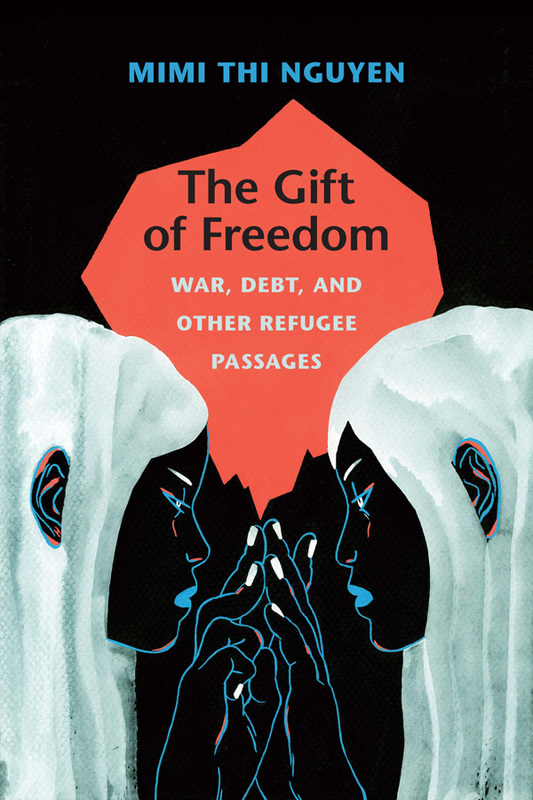Mimi Nguyen's "The Gift of Freedom" Thesis
In Mimi Nguyen's The Gift of Freedom: War, Debt, and Other Refugee Passages, Nguyen discusses how the US liberal empire has made freedom into a quantifiable object of exchange through the American “gift of freedom” rhetoric. Common sense tells us that freedom is a state of being that anyone can achieve. However, American discourse about “the gift of freedom” suggests that the US bestows freedom to refugees. By establishing this exchange, the US becomes the owner of freedom and the refugee becomes the recipient. The freedom the US claims to give refugees encompasses all human rights, including the right to have rights like freedom of speech, the ability to choose life direction, the ability to improve the body and mind, and all opportunity. The “gift of freedom” narrative cultivates a permanent indebtedness in refugees, who—because the “gift of freedom” claims all rights as its own and claims to be a gift—are forever thankful to their generous American donor. This indebtedness turns refugees into permanent subjects of the American state, thereby constructing a hierarchical relationship.
The US uses the “gift of freedom” rhetoric to justify foreign military intervention. In the Vietnam War, the US claimed to fight for freedom and democracy in Vietnam, establishing the US as the vehicle for Vietnamese freedom. Following American withdrawal and defeat, the US created the American salvation narrative, which describes the American attempt to redefine the legacy of defeat by “saving” its former Vietnamese allies from Communist rule. In both eras, the US establishes itself as the donor of freedom, either gifting freedom to Vietnam itself or to Vietnamese refugees fleeing communist rule. The “gift of freedom” view is predicated upon American exceptionalism and the assumption that freedom is impossible in a communist state like Vietnam.
Nguyen's "gift of freedom" framework is a useful way to analyze both American and refugee narratives. Her thesis helps us critique common sense assumptions about freedom and popular representations of the US, often hailed as the symbol of democracy and freedom. By working with the "gift of freedom" thesis, we question our own understandings of freedom.
